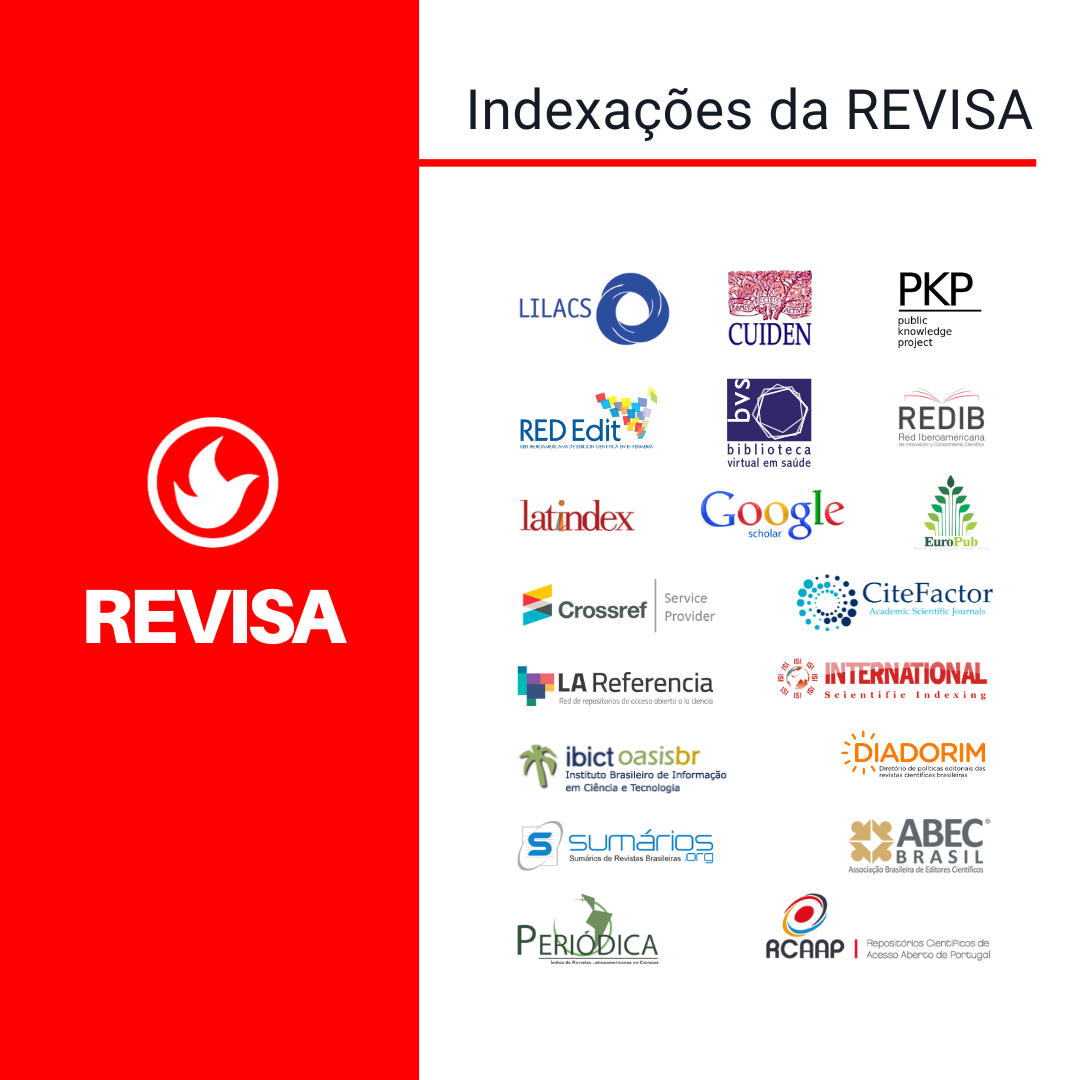THE IMPORTANCE OF STRESS MANAGEMENT IN TODAY’S SOCIETY
Palavras-chave:
MANEJO DO ESTRESSEResumo
The World Health Organization (WHO) has labeled stress the “health epidemic of the 21st century” exerting significant burdens at all levels of society.¹ In fact, the WHO has concluded that problems and disorders related to stress are common and may contribute to over 50% of physician visits around the world with both internal and external stressors contributing to those increasing rates. The WHO has also explored the association of stress to increasing prevalence of depression, stating that it affects more than 300 million people globally, and is the leading cause of disability worldwide.
Referências
Stewart GN. The healing garden: A place for peace. Regina, Sask, Canada: Nyhus Steward Publishing; 2004.
World Health Organization. Guidelines for the management of conditions specifically related to stress. Geneva: WHO; 2013. Availiable from: apps.who.int/iris/bitstream/10665/85119/1/9789241505406_eng.pdf?ua=1 3.World Health Organization. Depression Fact Sheet. 2017. Availiable from: http://www.who.int/mediacentre/factsheets/fs369/en/
Selye, H. The stress of life. New York: McGraw-Hill. 1956.
Selye H. A personal message from Hans Selye. Journal of Extension. 1980; 6-11. Availiable from: https://www.joe.org/joe/1980may/80-3-al.pdf
Elmore DL. The impact of caregiving on physical and mental health: Implications for research, practice, education, and policy. In Talley RC, Fricchione GL, Druss BG. The challenges of mental health caregiving. New York: Springer Science+Media; 2014.p. 15-31.
American Institute of Stress. Stress effects. 2017. Availiable from: https://www.stress.org/stress-effects
Thoits PA. Stress and health: Major findings and policy implications. Journal of Health and Social Behavior. 2010; 51: 41-53.
Centre for the Studies of Human Stressors. Stressors. 2017. Availiable from: http://humanstress.ca/stress/what-is-stress/stressors/
Mayo Clinic. Stress Management. 2018. Availiable from: https://www.mayoclinic.org/healthy-lifestyle/stress-management/in-depth/stress-management/art-20044151?pg=2 .
Beiter R, Nash R, McCrady M, Rhoades D, Linscomb M, Clarahan M, et al. The prevalence and correlates of depression, anxiety, and stress in a sample of college students. Journal of Affective Disorders [Internet]. 2015 [cited March 15 2018]; 173:90-96. Availiable from: http://doi.org/10.1016/j.jad.2014.10.054
American Psychological Association. Stress effects on the body. 2018. Availiable from: www.apa.org/helpcenter/stress-body.aspx
World Health Organization. WHO Mental Health Gap Action Programme. 2018. Availiable from: http://www.who.int/mental_health/mhgap/en/
Tol WA, Barbui C, Bisson J, Cohen J, Hijazi Z, Jones L, et al. PLOS Medicine. World Health Organization guidelines for management of acute stress, PTSD, and bereavement: Key challenges on the road ahead; 2014. Availiable from: https://www.ncbi.nim.nih.gov/pmc/articles/PMC4267806/
American Psychological Association. Stress in America: The state of our nation. 2017. Availiable from: https://www.apa.org/news/press/releases/stress/2017/state-nation.pdf
Publicado
Como Citar
Edição
Seção
Licença
Copyright (c) 2025 REVISA

Este trabalho está licenciado sob uma licença Creative Commons Attribution 4.0 International License.
-
Atribuição — Você deve dar o crédito apropriado, prover um link para a licença e indicar se mudanças foram feitas. Você deve fazê-lo em qualquer circunstância razoável, mas de nenhuma maneira que sugira que o licenciante apoia você ou o seu uso.
- Sem restrições adicionais — Você não pode aplicar termos jurídicos ou medidas de caráter tecnológico que restrinjam legalmente outros de fazerem algo que a licença permita.





